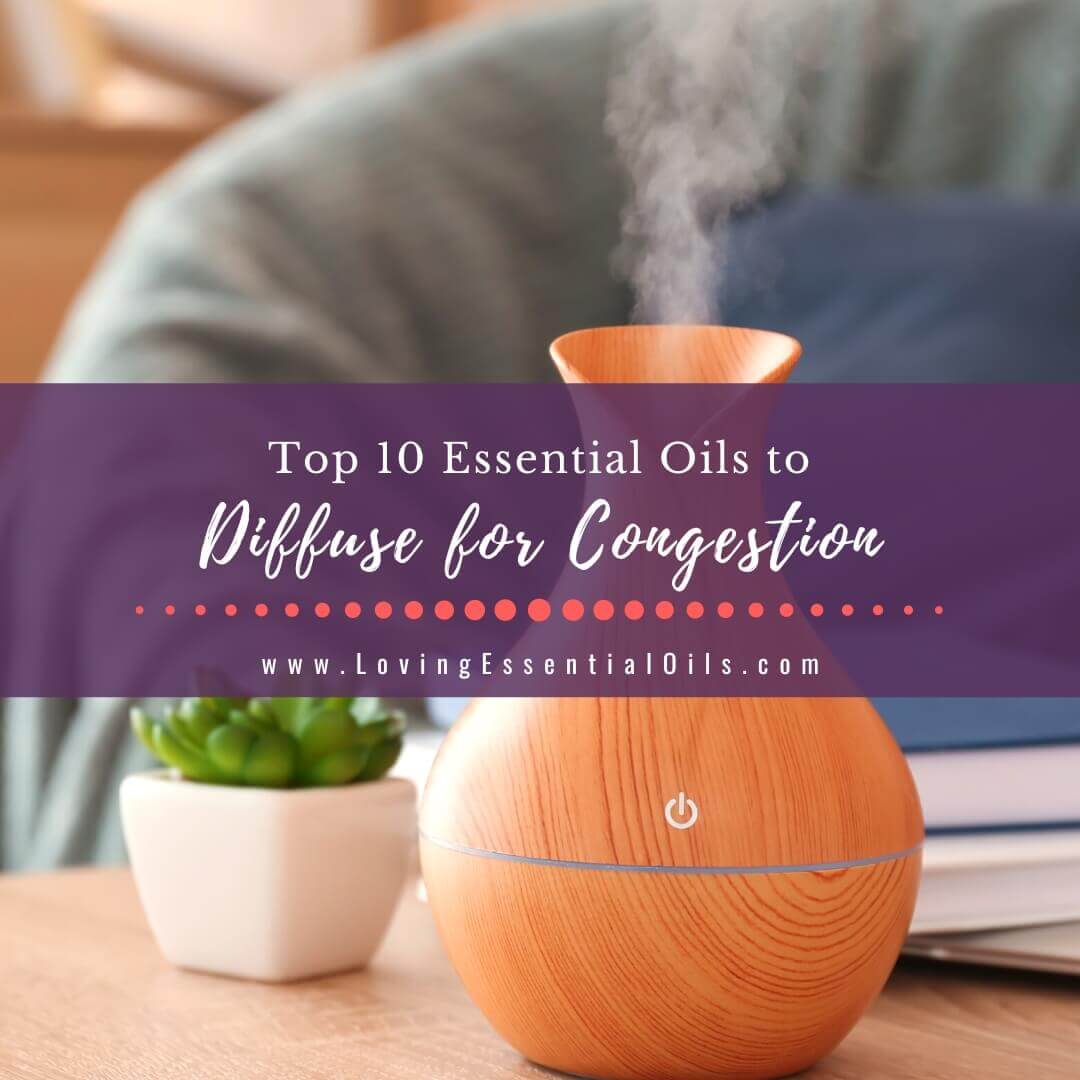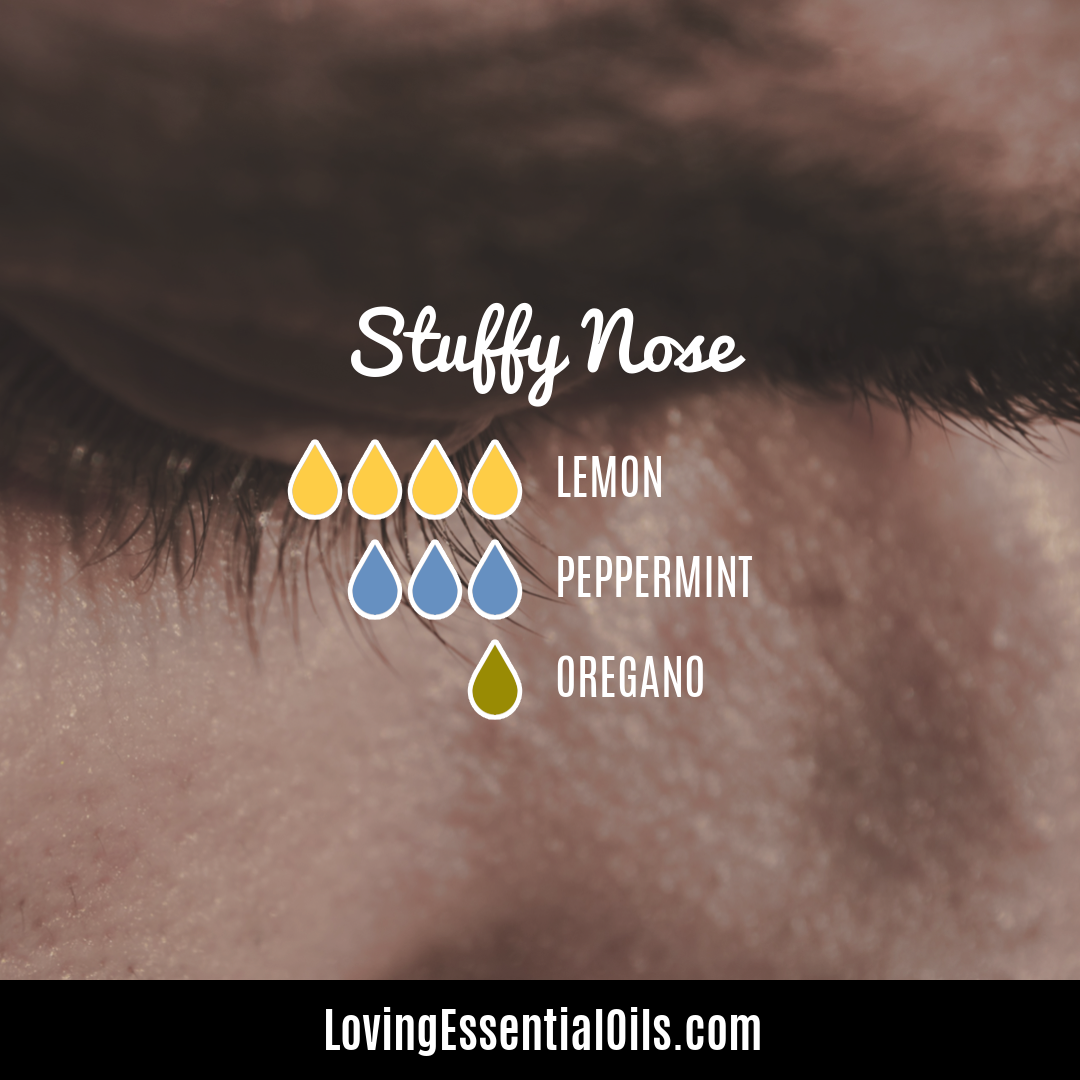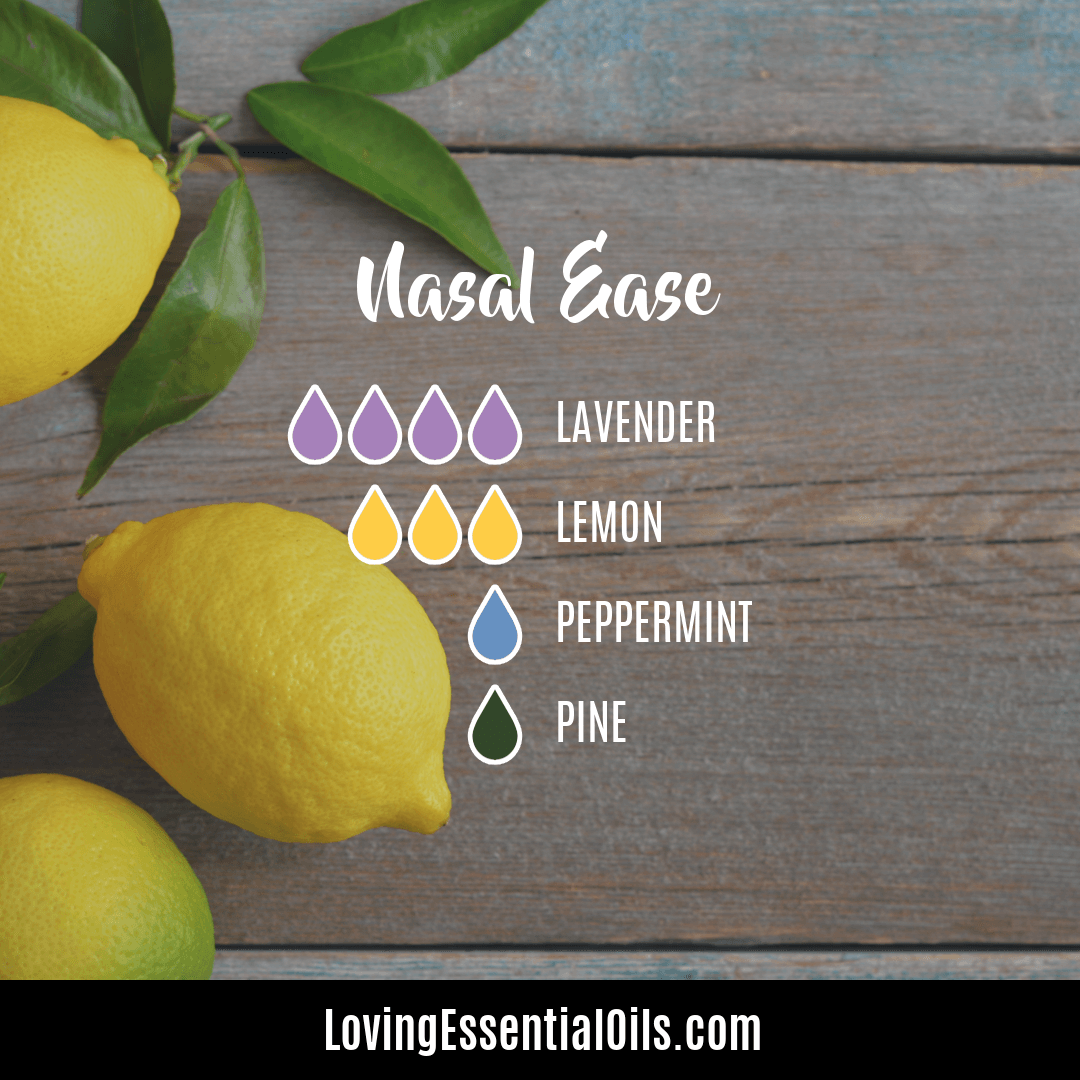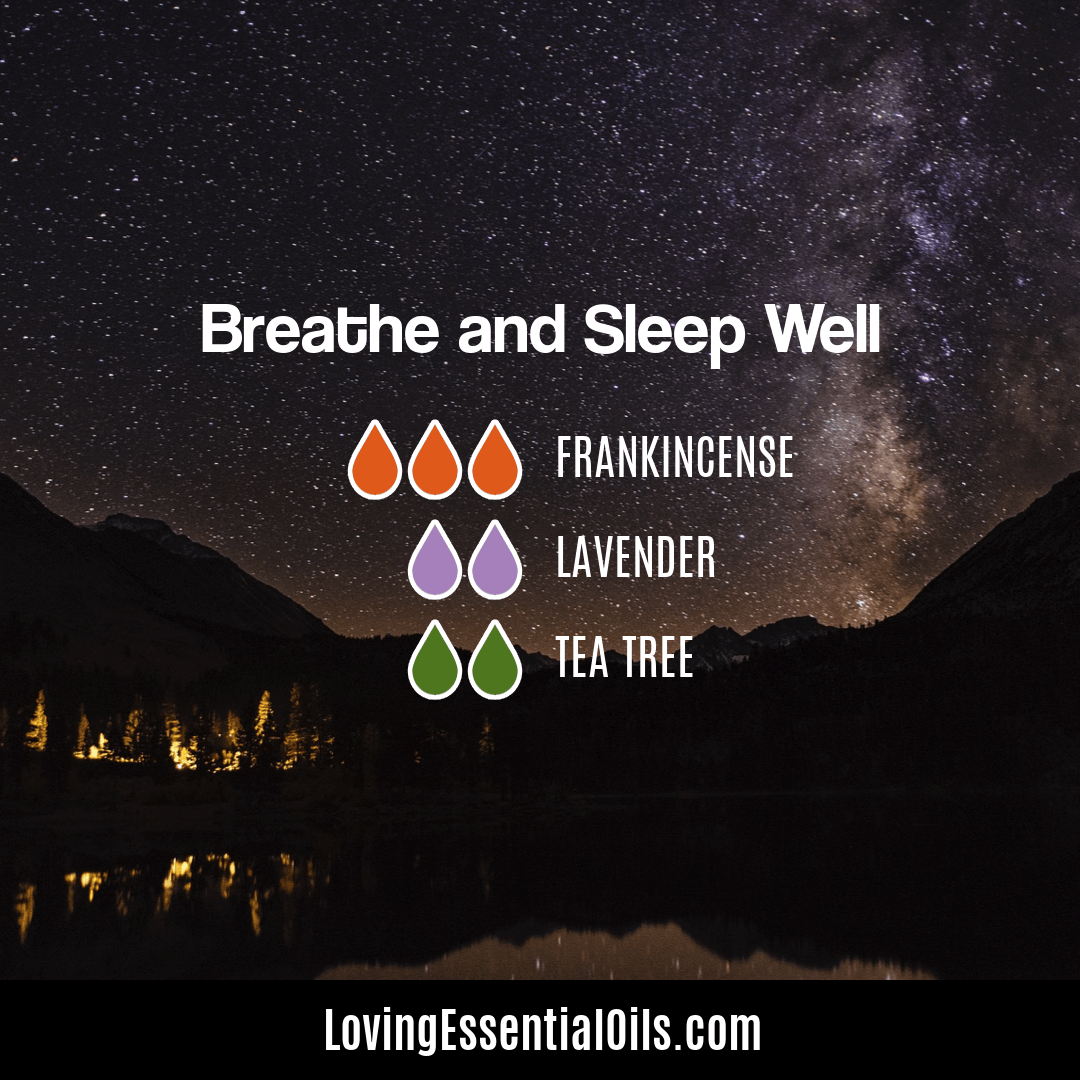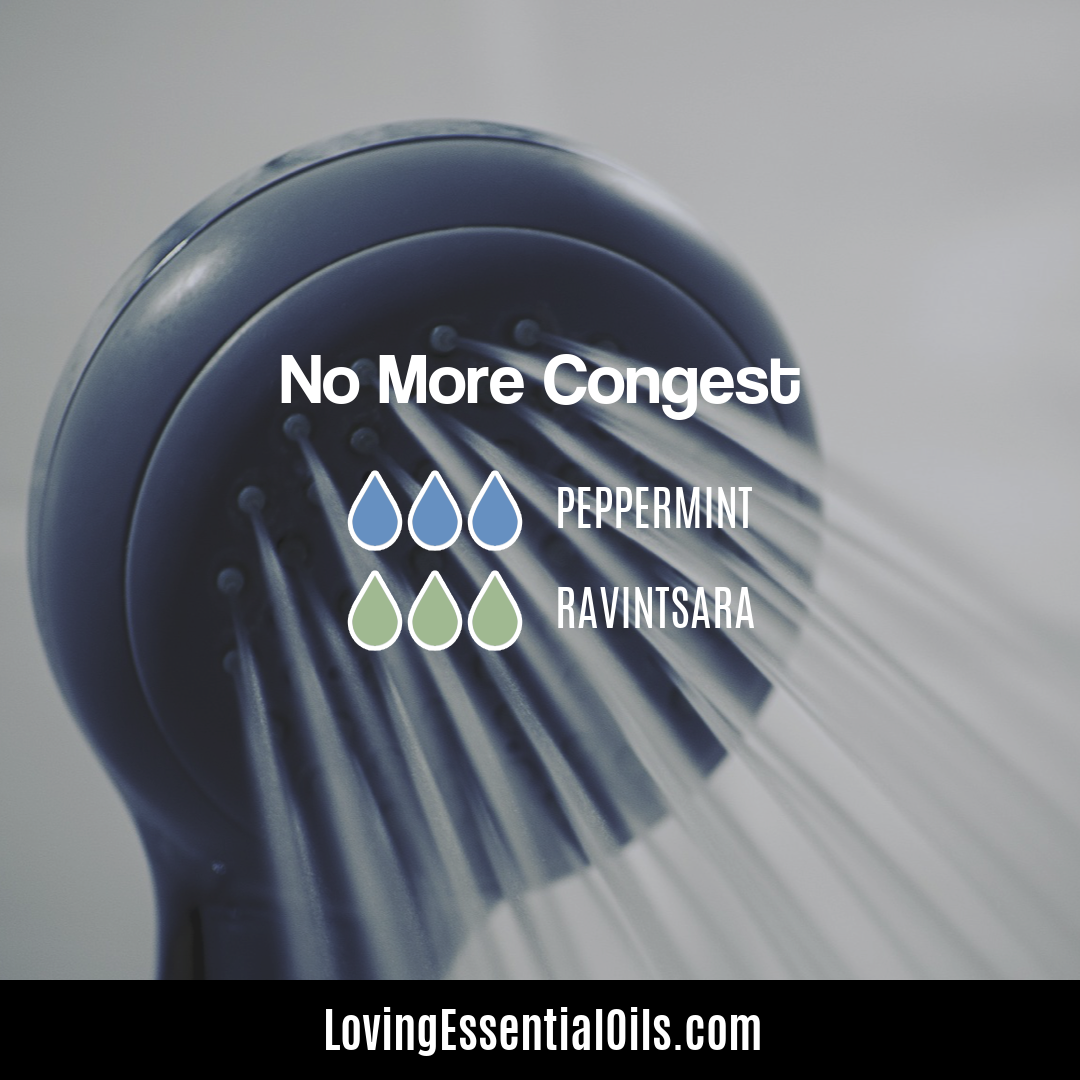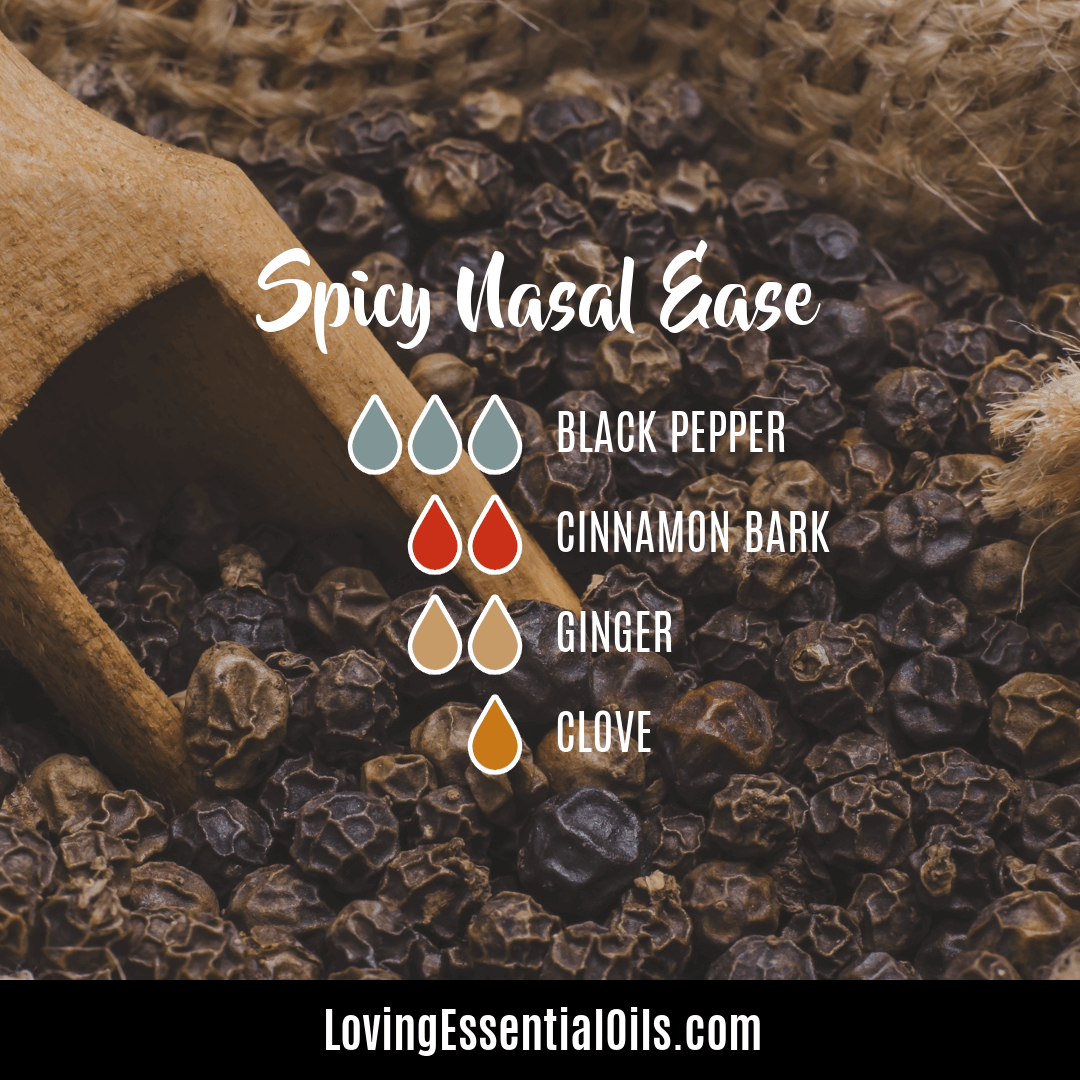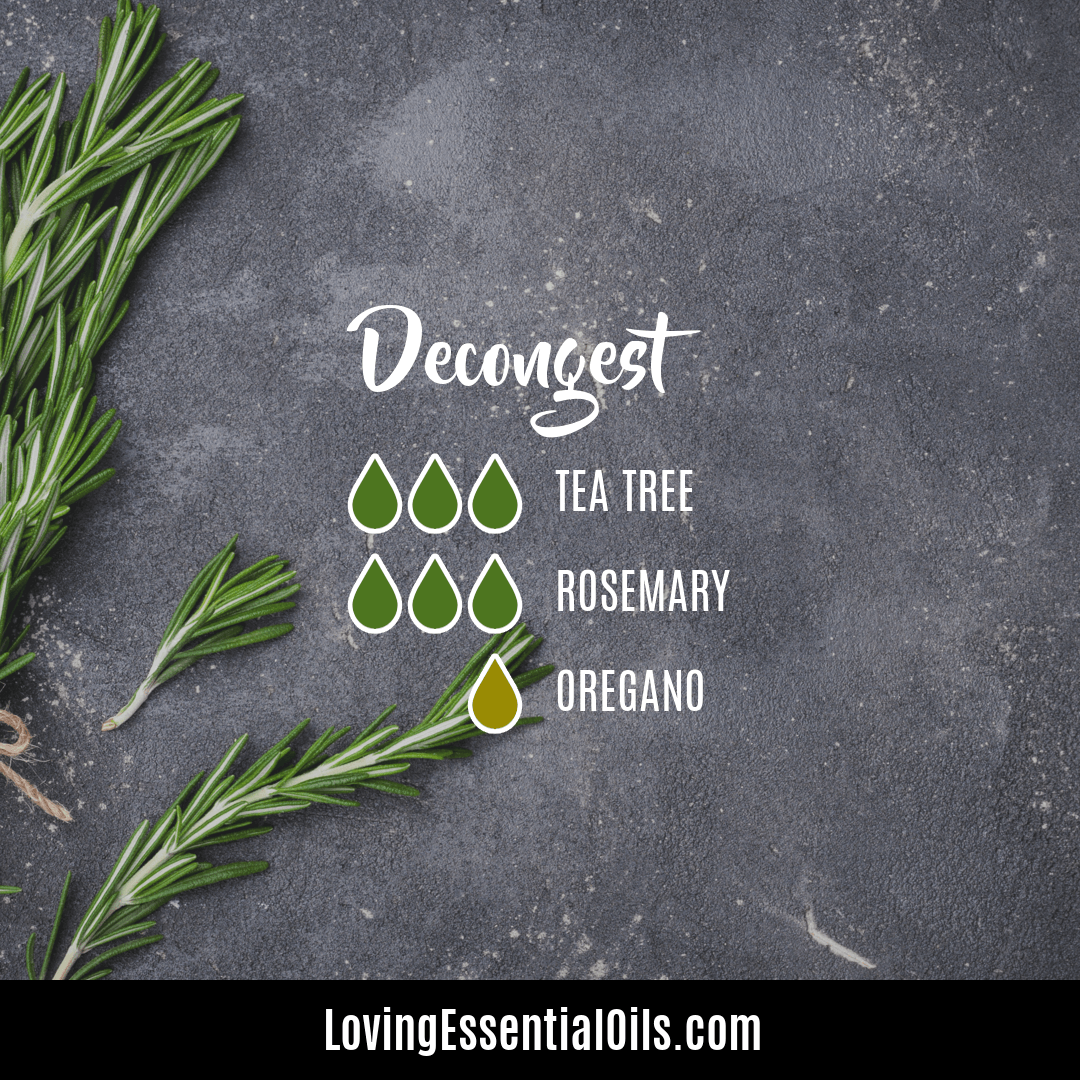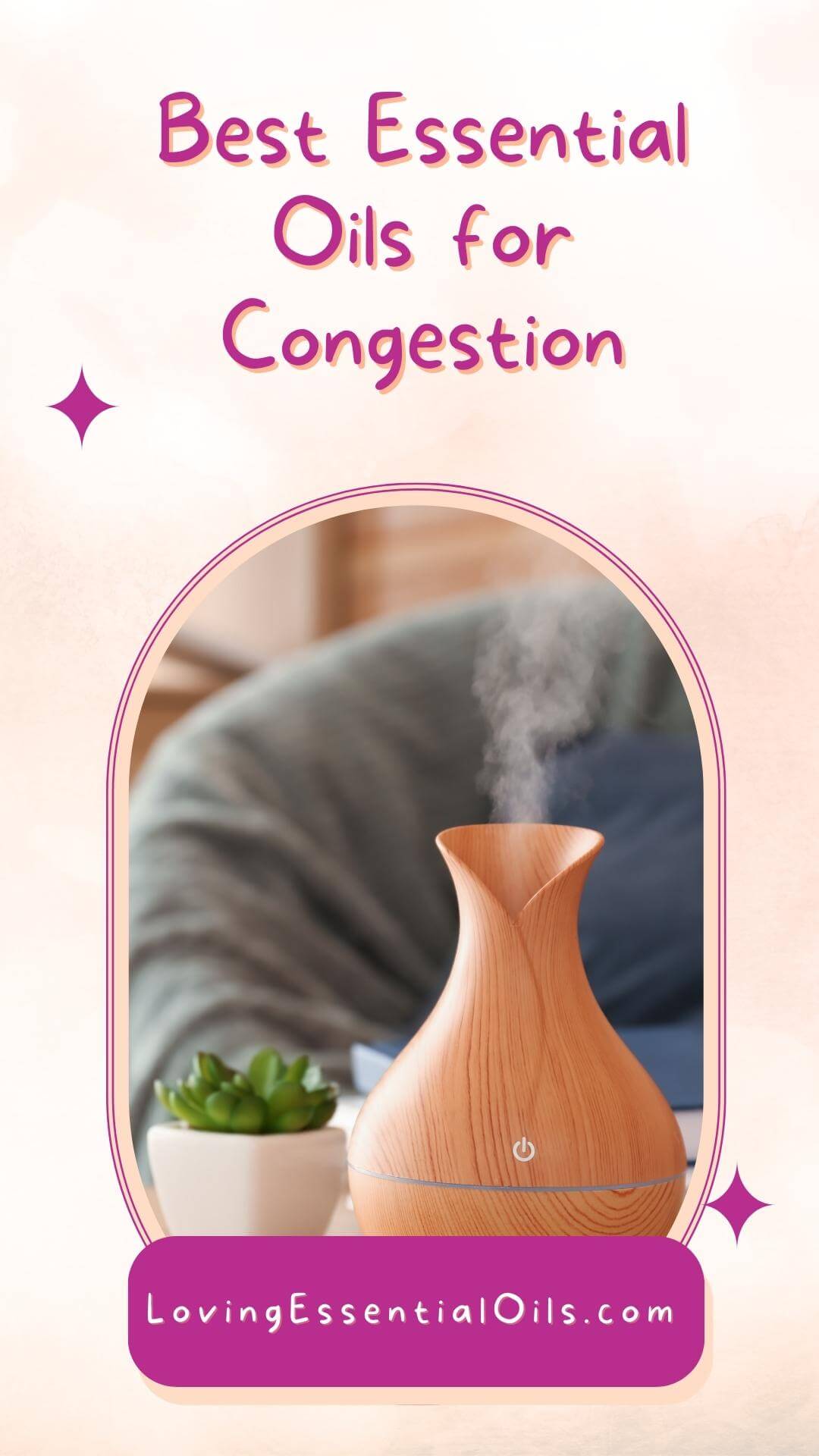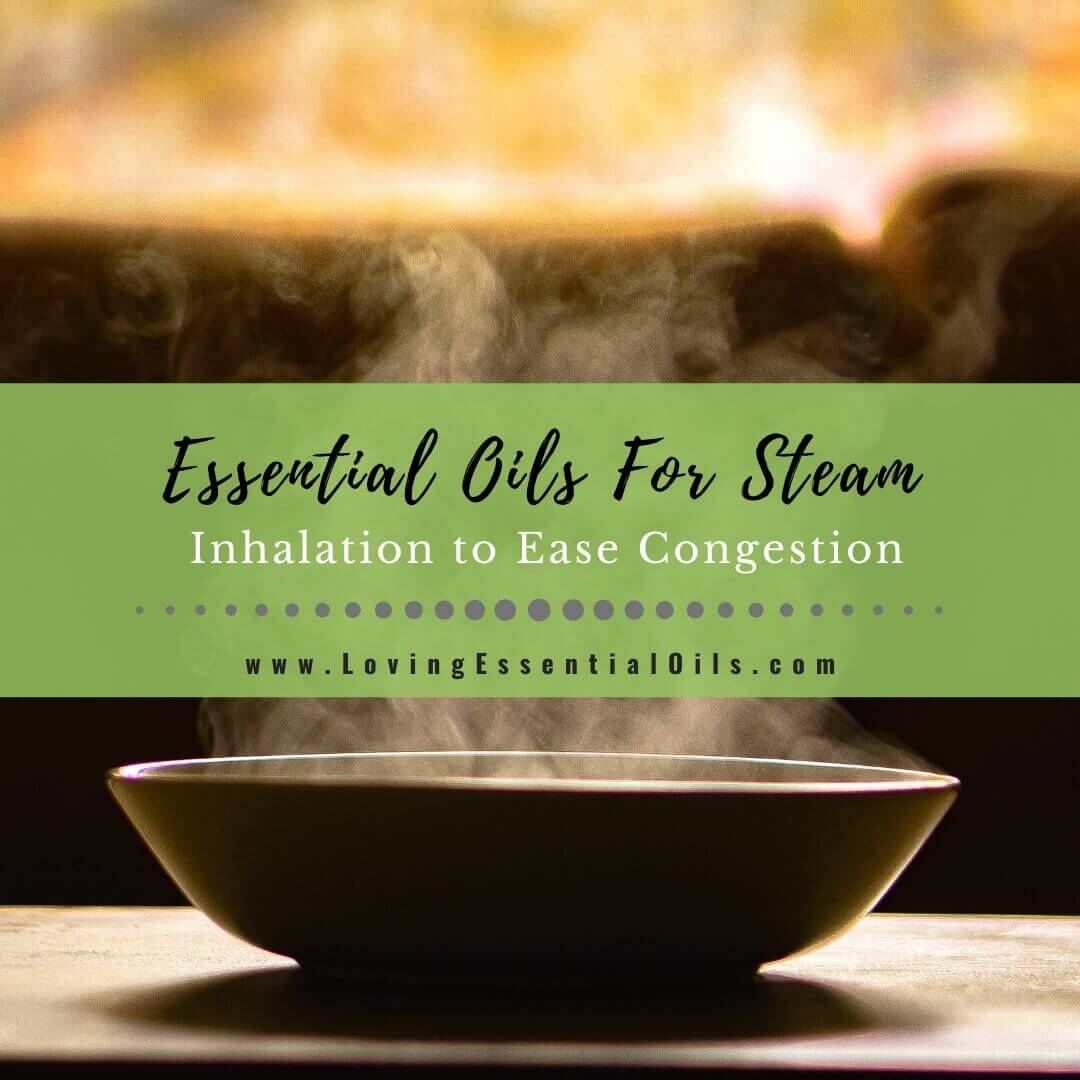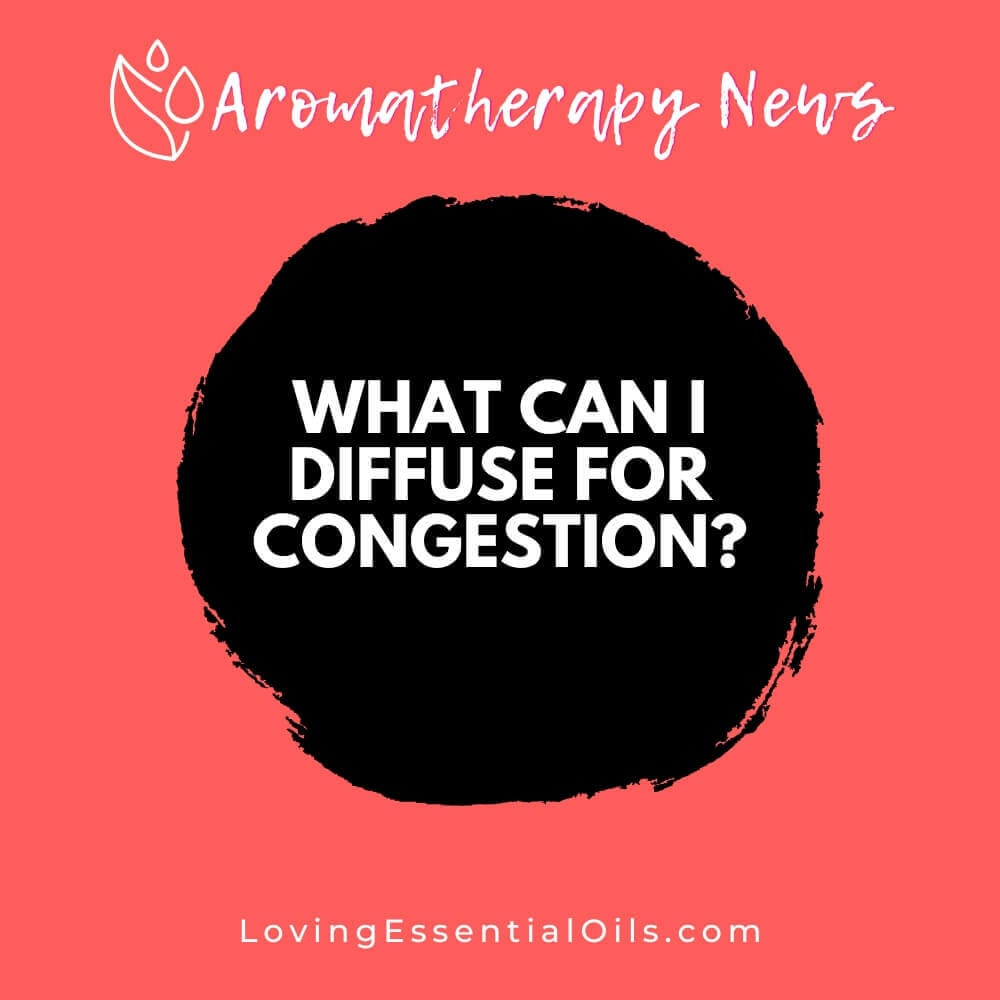Table of Contents
Essential oils have been used for various ailments, and congestion is no exception. Whether dealing with a cold, allergies, or something more serious, essential oils can help relieve your congestion. This blog post will discuss the top ten must-have essential oils for congestion.
Top 10 Must-Have Essential Oils for Congestion and Sinus
Each of these essential oils can be used in a variety of ways to help reduce congestion. We'll also discuss how to use each oil safely and effectively. By the end of this post, you'll have the knowledge and tools you need to make the most out of these powerful oils and help alleviate your congestion. So, let's get started!
1. Peppermint Essential Oil
Peppermint is most likely the first essential oil you think of when you think of congestion relief. It has a strong, menthol aroma and is incredibly effective at opening up the airways and clearing out mucus.
You can add a few drops of peppermint oil to a diffuser or steam inhalation or rub it on your chest, neck, and back for fast-acting relief. Peppermint oil is also known to help relieve headaches, nausea, and digestive issues, making it an excellent all-around remedy.
2. Eucalyptus Essential Oil
Eucalyptus is a powerful essential oil that can help open up airways, clear congestion, and reduce inflammation. Its refreshing, camphoraceous scent is invigorating and is often used in cold and flu remedies. It is also known to help reduce stress and tension and can be diffused or applied topically.
When used in a massage blend, it can help reduce chest congestion, sinus pain, and sore muscle pain. Just dilute it properly with a carrier oil before applying it to your skin.
3. Tea Tree Essential Oil
Tea Tree essential oil is a must-have for anyone looking to treat congestion. It has strong antibacterial and antifungal properties, making it a great choice for treating common colds and other respiratory infections. It can also help reduce inflammation and clear congestion in the chest and sinuses.
Tea Tree oil also has an uplifting aroma that can help boost energy levels and reduce feelings of sluggishness. For optimal results, try adding a few drops to a diffuser and breathing in the soothing aroma.
4. Lemon Essential Oil
Lemon essential oil is one of the best oils for congestion. It has antiseptic, antifungal, and anti-inflammatory properties, making it ideal for assisting with respiratory infections. It helps to break down and clear out mucus, and its fresh, citrusy aroma can help clear the airways.
Lemon oil can also be used to soothe sore throats and reduce coughing. To use lemon oil for congestion, add a few drops to a diffuser, or to a bowl of steaming hot water and inhale the vapors for 5 to 10 minutes.
5. Lavender Essential Oil
Fifth on the list of must-have essential oils for congestion is Lavender. Lavender has powerful antioxidant properties that can help reduce inflammation and clear up congestion.
When used in an aromatherapy diffuser, it can also help relax your body, reduce stress, and improve your breathing. Lavender can also be mixed with a carrier oil, such as fractionated coconut or jojoba oil, and applied topically to the chest and neck to help reduce congestion.
6. Rosemary Essential Oil
Rosemary is an incredibly versatile essential oil and great for congestion. It has a woodsy, camphor-like scent and anti-inflammatory and antifungal properties.
Rosemary can help relieve sinus congestion, allergies, and asthma. To reap the benefits of its medicinal properties, add a few drops of rosemary essential oil to your diffuser.
You can mix a few drops of rosemary oil with a carrier oil like coconut oil and massage the mixture onto your chest and neck to help open airways and clear congestion.
7. Thyme Essential Oil
Thyme essential oil is a powerful natural remedy for congestion and other respiratory issues. It works by stimulating the body’s natural expectorant systems, which can help reduce the amount of mucus in the lungs and throat. It has also been known to help soothe an irritated throat, helping to reduce coughing and other irritating symptoms.
Thyme oil can also treat digestive issues such as gas, nausea, and bloating. Adding a few drops to a diffuser can quickly clear a room of stale, stagnant air.
8. Oregano Essential Oil
Oregano essential oil is a powerful remedy for congestion. It is extracted from the leaves of the oregano plant and is rich in carvacrol, a compound with antibacterial, antifungal, and antiviral properties. Carvacrol can reduce inflammation in the airways, helping to open them up and ease respiratory distress.
Oregano can also help reduce mucus production. Try diffusing it in a room or adding a few drops to a steam inhalation. Use caution, as this oil can be very strong and is considered a hot oil.
If using topically, be sure to dilute well and do a test patch on the skin before applying it to the body, as it can cause skin and mucous membrane irritation.
9. Frankincense Essential Oil
Ninth on the list of must-have essential oils for congestion is Frankincense. This oil is derived from the resin of the Boswellia tree and has been used for thousands of years to treat a range of physical and mental issues. On the physical side, Frankincense is an effective anti-inflammatory, which makes it great for congestion.
When used to treat congestion, frankincense is often combined with other essential oils such as eucalyptus, tea tree, and peppermint. It has a woody, sweet aroma and has been known to calm and soothe the mind and body.
10. Clary Sage Essential Oil
Clary Sage is a great essential oil for clearing congestion due to its anti-inflammatory and antispasmodic properties. It helps to reduce inflammation in the airways and opens up the nasal passages. It is also known for its sedative properties, which can help to reduce stress and promote a good night's sleep.
Clary Sage also helps promote relaxation and reduce irritability, making it one of the must-have essential oils for congestion.
Congestion Diffuser Blends
Stuffy Nose
- 4 drops Lemon
- 3 drops Peppermint
- 1 drop Oregano
Nasal Ease Diffuser Blend
- 4 drops Lavender
- 3 drops Lemon
- 1 drop Peppermint
- 1 drop Pine
Breathe and Sleep Well Diffuser Blend
- 3 drops Frankincense
- 2 drops Lavender
- 2 drops Tea Tree
No More Congest
- 3 drops Peppermint
- 3 drops Ravintsara
Spicy Nasal Ease
- 3 drops Black Pepper
- 2 drops Cinnamon Bark
- 2 drops Ginger
- 1 drop Clove
Decongest
- 3 drops Tea Tree
- 3 drops Rosemary
- 1 drop Oregano
Final Thoughts on the Best Essential Oils to Diffuse for Congestion
In conclusion, essential oils can be an effective and natural remedy for congestion. Here are the top 10 must-have essential oils to diffuse for congestion. You could also apply them topically or inhale them to maximize the benefit.
Proper use of these essential oils can help reduce the uncomfortable symptoms associated with congestion.
Share on Pinterest
FAQs
Can I apply essential oils directly to my skin?
When using essential oils topically, it's generally recommended to dilute them with a carrier oil to avoid potential skin irritation or sensitivity reactions. Common choices include fractionated coconut oil, almond oil, and jojoba oil.
They are all effective at providing moisture, while also enhancing the absorption of therapeutic compounds found in these natural remedies. By following the simple step of diluting essential oil before applying to the skin, you can maximum benefit without negative side effects.
How often should I use essential oils for congestion relief?
The frequency of use varies depending on individual preferences and tolerance levels. Begin with a small amount applied once or twice daily before increasing if necessary.
Pay attention to your body's signals and adjust accordingly for optimal results. Consult a healthcare professional for personalized guidance on how often you should incorporate these natural remedies into your routine.
Can I ingest essential oils for congestion relief?
No, ingesting essential oils is not recommended.
Are there any potential drawbacks to using essential oils for congestion?
While essential oils are generally safe for most people, there is a slight chance that some individuals may experience allergic reactions or skin sensitivities. To avoid unpleasant surprises, always perform a patch test before using them liberally and discontinue use if you notice adverse effects.

